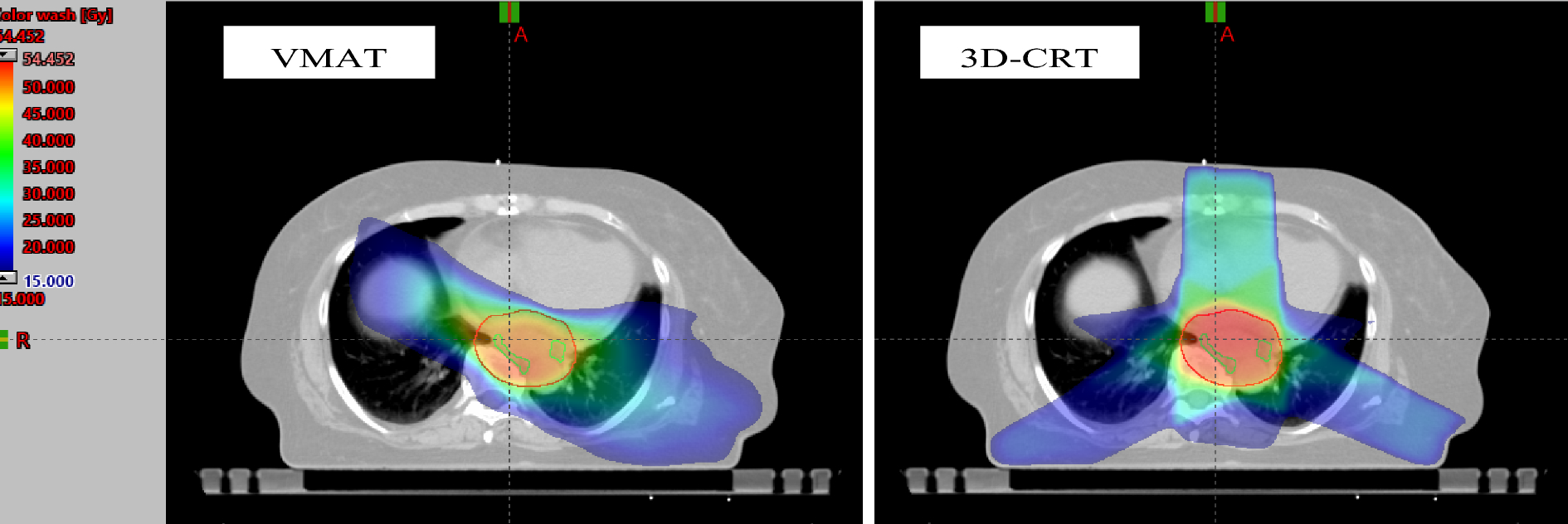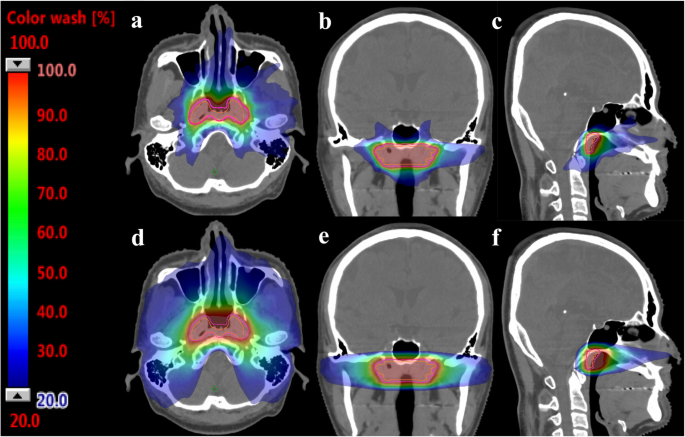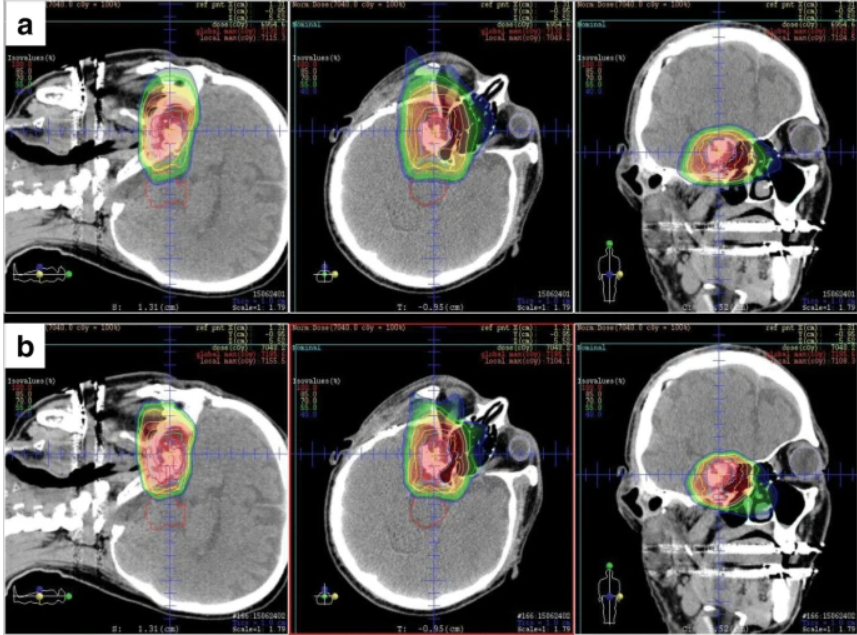Mentorship to expedite recovery
Adya.care The Adya Breast Cancer Recovery Accelerator (CRA) is a 4 week programme designed to help you bounce back faster in the post treatment stage. Participants will have the opportunity to engage with a recovery mentor through two 1-1 sessions, four group sessions with fellow cancer survivors and daily support through simple interactive videos. Mentorship programs […]






